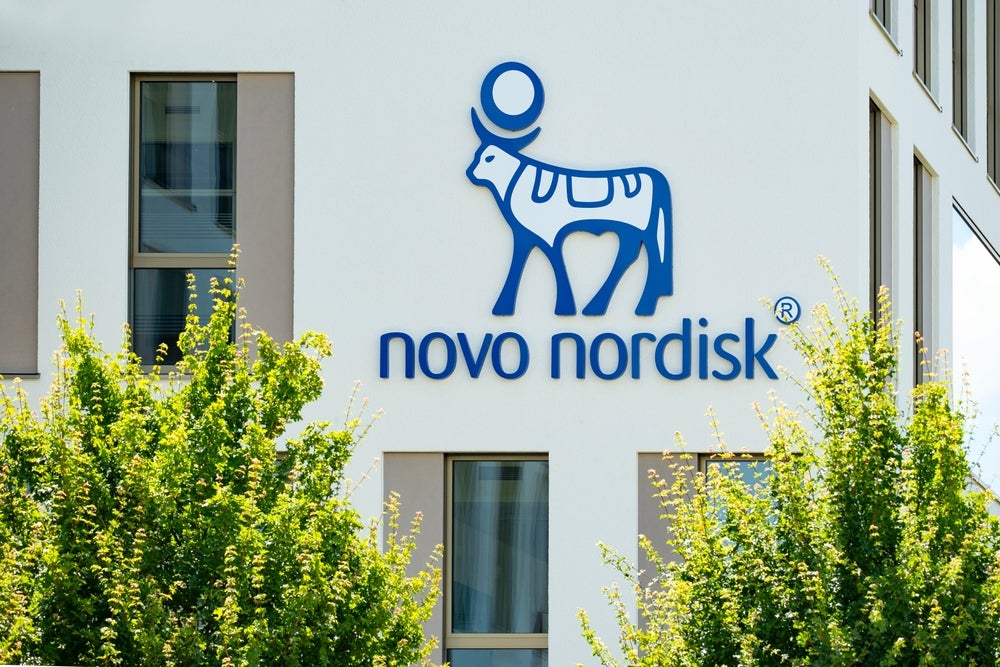Danish pharma giant Novo Nordisk has inked a definitive deal with Omeros Corporation to acquire its late-stage-ready rare disease asset, zaltenibart.
By selling the rights to the monoclonal antibody (mAb), which demonstrated potential in a Phase II trial in blood disorder paroxysmal nocturnal haemoglobinuria (PNH), Omeros will pocket $340m in upfront and short-term milestone payments.
The biopharma is also eligible to receive up to $2.1bn in development and commercial milestone payments from Novo Nordisk, depending on how the drug performs in upcoming Phase III trials in PNH. These studies will be initiated and funded by Novo Nordisk.
Formerly known as OMS906, zaltenibart was due to enter Phase III clinical trials under Omeros’ name, but the company later pressed pause on the drug’s late-stage development. This came after Omeros forecasted a “ramp up in spending” on these studies, which led the biopharma to “prioritise” the use of capital currently available to it.
Zaltenibart's financial performance could bode well for the rest of Omeros' pipeline, according to investor reaction. The company’s stock value shot up more than 180% after the news debuted, going from $4.10 at market close on 14 October to $11.59 at market open on 15 October.
Novo’s choice to purchase zaltenibart will bolster the company’s rare blood disease pipeline, which currently includes five drugs in Phases I to III. This includes erythrocyte pyruvate kinase (PKR) activator etavopivat, which the pharma obtained through its acquisition of Forma in 2022 and is now in Phase III trials for sickle cell disease.
Zaltenibart’s future potential
Zaltenibart works by inhibiting the mannan-binding lectin-associated serine protease-3 (MASP-3), a complement system enzyme that is key to activating the alternative pathway.
According to Sir Peter Lachmann, Emeritus Sheila Joan Smith Professor of Immunology at the University of Cambridge, MASP-3 inhibitors such as zaltenibart could have “important advantages relative to a complement 5 (C5) inhibitor,” for treating PNH.
Lachmann noted that this was likely due to zaltenibart’s ability to block both intra- and extravascular haemolysis, which he said C5 inhibitors cannot achieve.
As a result, zaltenibart could take a chunk of the PNH market if approved. The indication is currently dominated by C5 inhibitors such as AstraZeneca’s Soliris (eculizumab) and Ultomiris (ravulizumab).
However, the recent market debut of Novartis’ Fabhalta (iptacopan) could be a spanner in the works for intravenous (IV) therapies like zaltenibart, as the drug is orally administered – enhancing patient convenience.
Outside of PNH, Omeros has previously touted the potential of the mAb in other rare blood and kidney disorders.
Following its acquisition of zaltenibart, Novo Nordisk will explore further development opportunities for the drug in a “range” of undisclosed indications.









